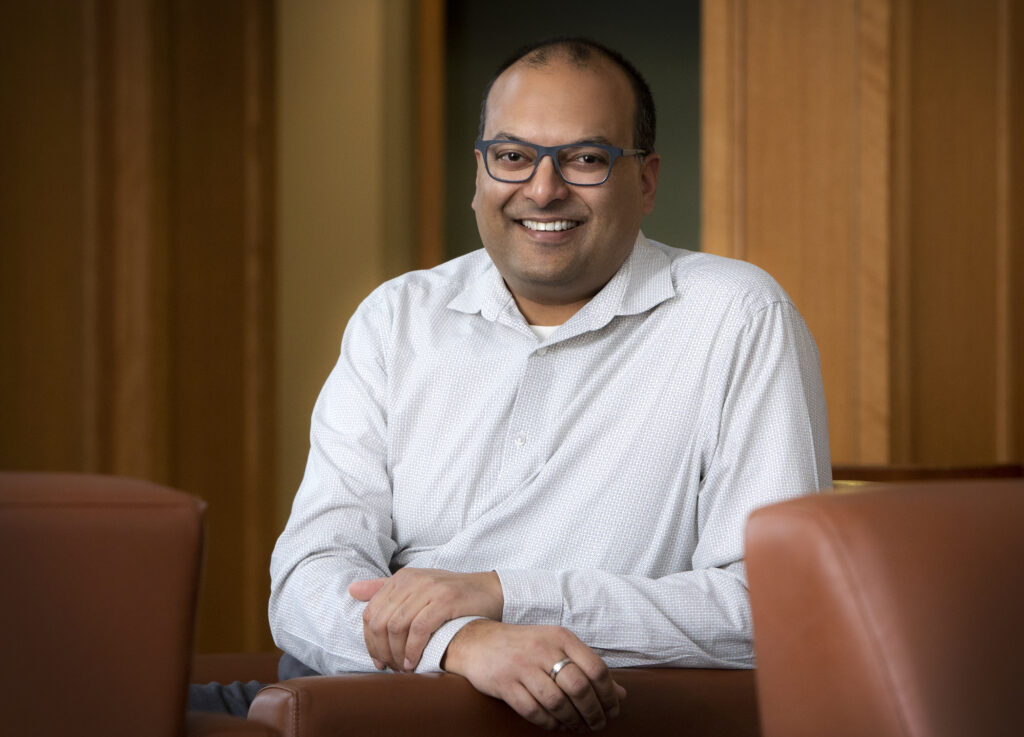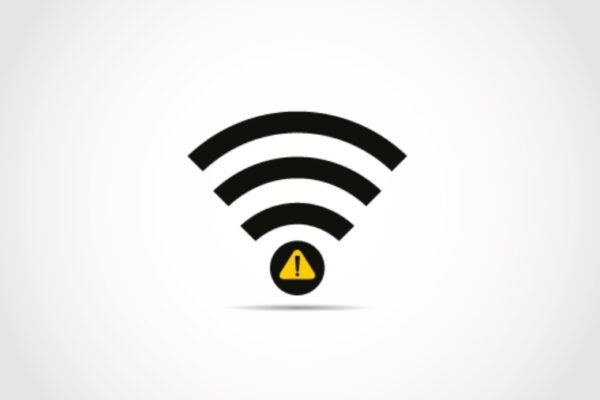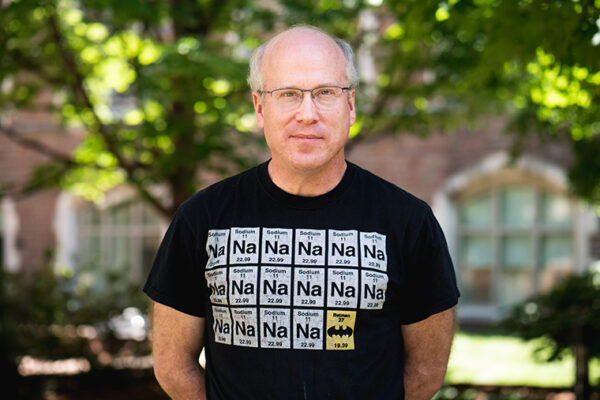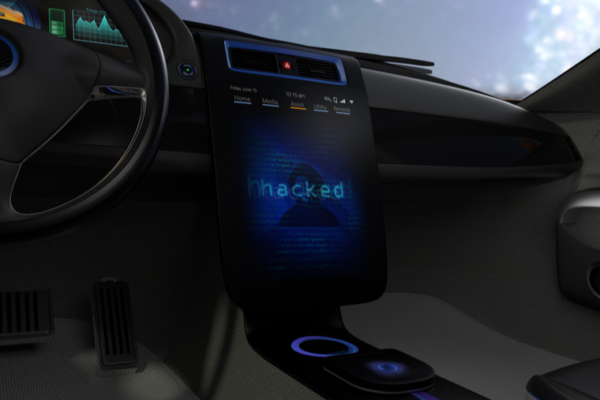There’s a lot of noise out there, but only so much radio spectrum space to go around. As the demands of wireless technology grow, the risk grows to passive spectrum users such radio astronomers, who are not (yet) engaged in two-way communication.

To shield radio telescopes from extreme interference, we need a new framework in which to share the spectrum. To this end, the National Science Foundation (NSF) has awarded a $630,521 grant to Neal Patwari, a professor of electrical and systems engineering and of computer science at the McKelvey School of Engineering at Washington University in St. Louis.
Working with Ning Zhang, an assistant professor of computer science and engineering, along with a colleague from the California Institute of Technology, the grant will help Patwari develop methods that will allow users to more effectively use the same spectra for communications while eliminating disruptive interference.
Separately, Patwari is part of a team that won an $888,000 NSF grant for the building of a “radio dynamic zone,” which will keep spectrum users outside of the zone from interfering with those coming from inside of it.


